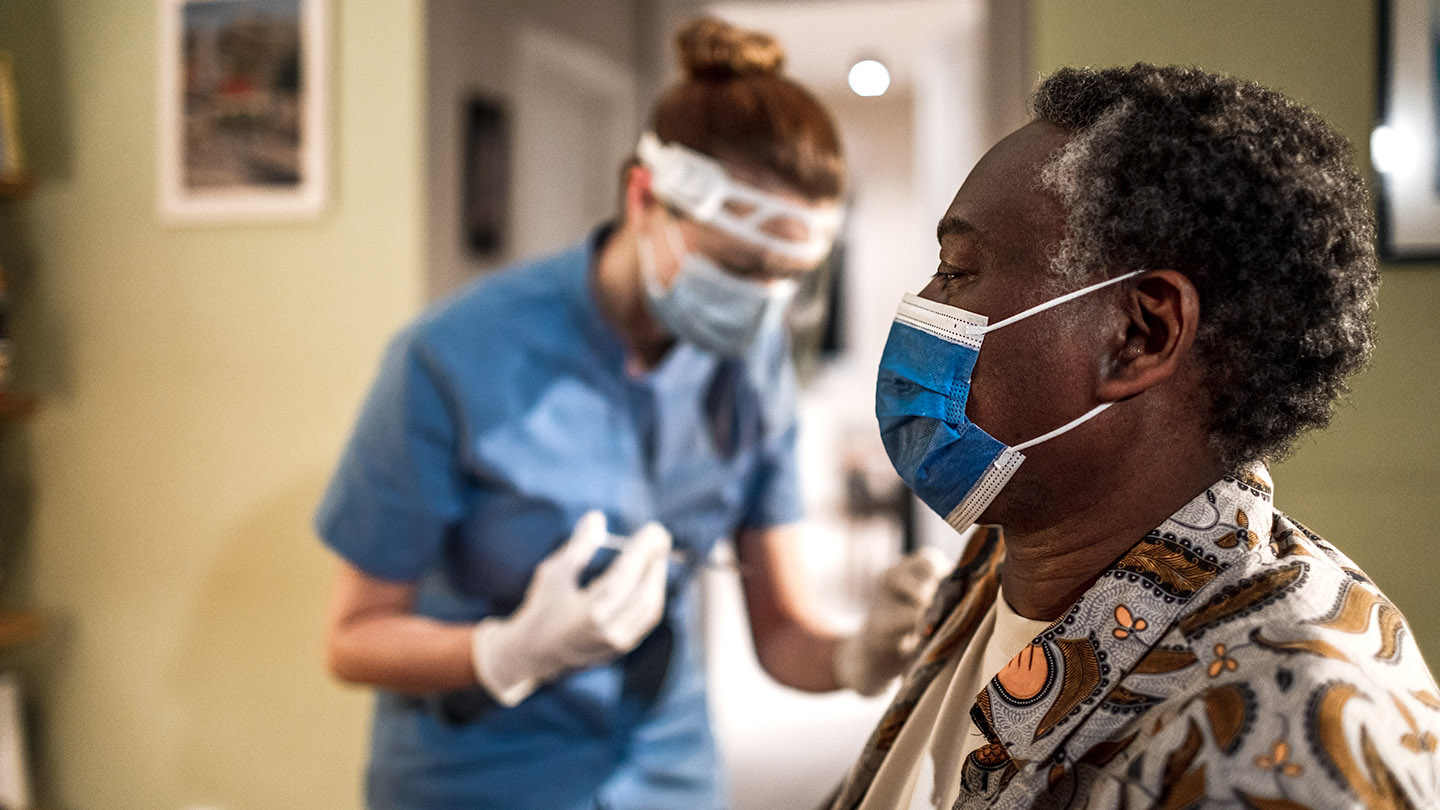The senior living industry in Massachusetts is conflicted on a bill that would change the scope of practice in assisted living to permanently provide what proponents call “common sense” basic health services.
As McKnight’s Senior Living previously reported, during the COVID-19 state of emergency in the Bay State, the administration of Gov. Charlie Baker (R) allowed nurses in assisted living communities to temporarily provide basic health services, including injections, the application or replacement of simple non-sterile dressings, oxygen management and the application of ointments or drops.
That emergency authorization expired Feb. 1 in the state but was extended to July 15 or the end of the public health emergency — whichever comes first — as part of a spending bill signed by Baker last month.
The Common Sense Health Services bill seeks to make permanent the provisions of those basic health services to assisted living residents. It also would authorize diagnostic services necessary to carry out those services, including glucose monitoring.
The Massachusetts Assisted Living Association lobbied to continue the pandemic practice of allowing nurses in assisted living to provide a narrow scope of health services to residents. Mass–ALA, the state partner of Argentum, said the service offers greater choice to families and supports public health.
“This bill is critical to older adults in assisted living staying in their communities while relieving the families’ emotional and financial burdens of care,” Mass-ALA President and CEO Brian Doherty told McKnight’s Senior Living. “A permanent solution will ensure 16,000-plus Massachusetts assisted living residents have access to the same basic assisted living services that are available in most states, including New Hampshire, Rhode Island, Connecticut and New York.”
The Massachusetts Senior Care Association, however, opposes the bill as drafted, calling it “unnecessary, redundant and inconsistent” with the intent of state law to promote assisted living as a “social” housing model for elderly and disabled individuals.
Mass Senior Care, the state affiliate of the American Health Care Association / National Center for Assisted Living, represents almost 400 assisted living residences, residential care facilities, continuing care retirement communities, and nursing and rehabilitation facilities in the state.
“We are ready to work with the legislature on legislation that appropriately balances an individual’s desire to safely age in place with the need to provide additional consumer protections and oversight for skilled nursing to be performed in an assisted living residence,” Mass Senior Care President Tara Gregorio told McKnight’s Senior Living.








